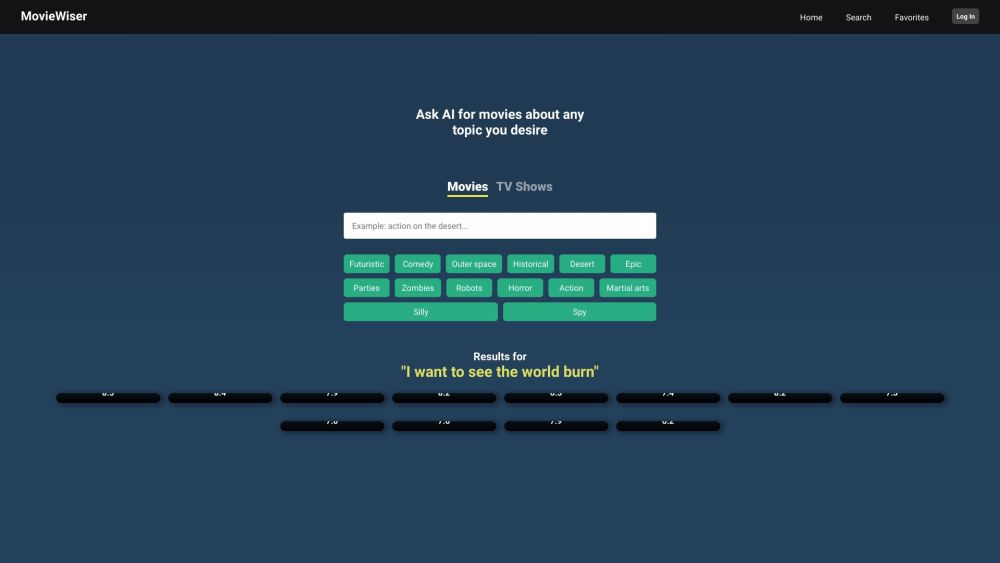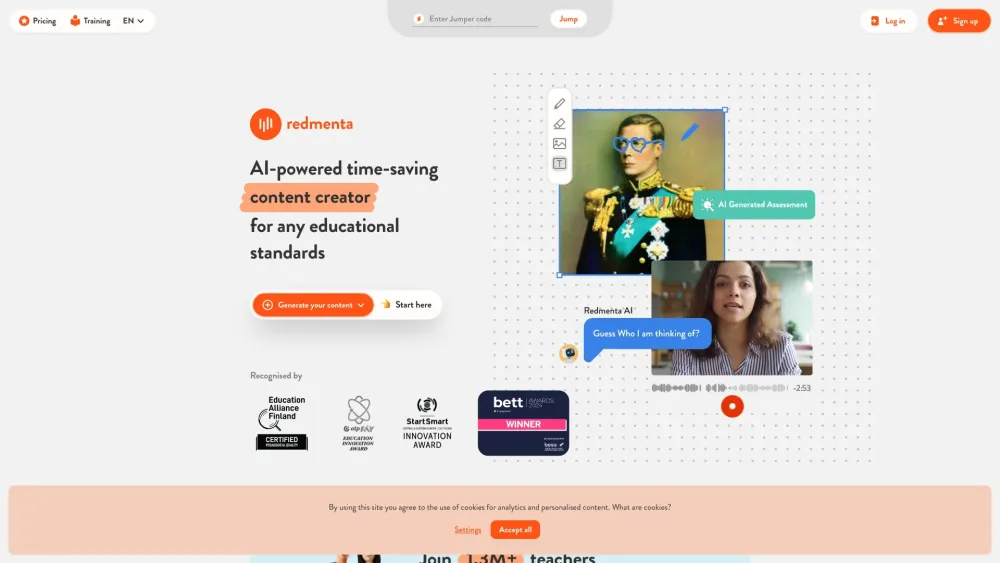OpenAI is set to expand its cutting-edge artificial intelligence technology into the entertainment industry. According to Bloomberg, the company will hold meetings in Los Angeles with Hollywood film studios, media executives, and talent agencies, aiming to establish deep partnerships and promote the use of its latest AI video generator, Sora, in film production.
OpenAI CEO Sam Altman has been attending various events during the Oscars to build anticipation for the upcoming meetings. A key focus of these discussions will be introducing the Sora model and encouraging filmmakers to integrate it into their workflows. Sora can generate high-quality videos up to one minute long based on user prompts, showcasing a significant leap in AI's ability to understand and interact with real-world scenarios.
Mira Murati, OpenAI's Chief Technology Officer, stated in an interview that the Sora video generation tool is expected to be publicly released in the coming months, with plans to include audio generation as well. However, as Sora's use in film increases, potential copyright issues are emerging as a possible obstacle to its widespread adoption.
Regarding the training data for Sora, Murati emphasized that it primarily consists of publicly available or licensed sources. While she was unsure whether content from platforms like YouTube, Facebook, and Instagram was included, she confirmed that some content comes from collaborations with Shutterstock.
OpenAI's collaboration with Hollywood not only highlights the potential of AI technology within the entertainment sector but also indicates a commitment to deepening joint efforts in content creation and copyright management. With the launch of advanced tools like Sora, we can anticipate a wave of innovative cinematic works that offer audiences fresh visual experiences.
However, while pushing for technological innovation, addressing legal issues such as copyright compliance remains a significant challenge for both OpenAI and Hollywood. The industry's focus on balancing technological advancement with copyright protection will be a crucial point of interest moving forward.




